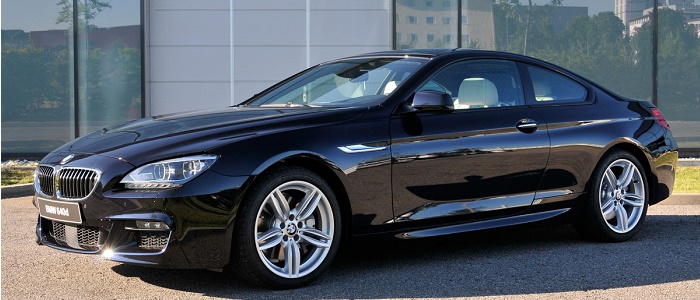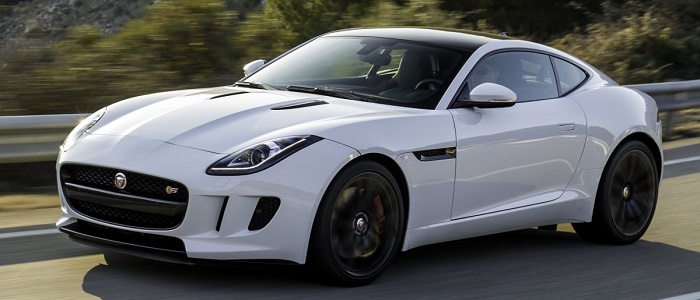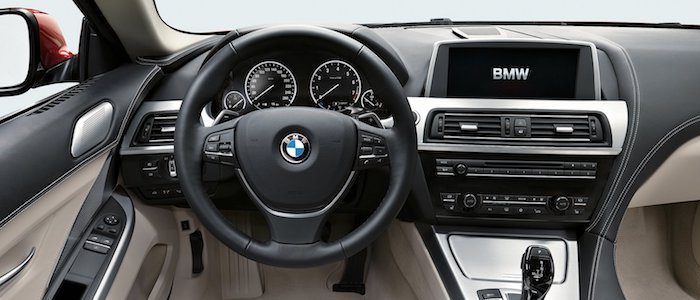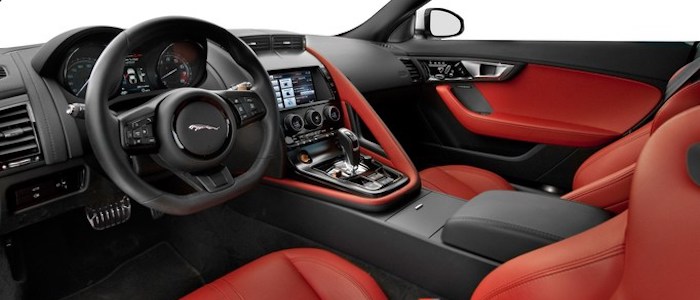Compare two cars
Compare any two cars and get our Virtual Adviser™ opinion
Dimensons & Outlines
Check vehicle history
Engine
5.0 AJ133 HP
Performance (manual gearbox)
Performance (automatic gearbox)
Expenses
Virtual Adviser's™ opinion
Well, these are two pretty similar cars we have here! It's only details that could potentially make the difference. Considering they both belong to the sports car segment and utilize the same 2-door coupe body style and the 4 x 4 wheel drive system, it all comes up to the specific petrol engine choice they offer. The first one has a BMW-engineered powertrain under the hood, a 8-cylinder, 32-valves 407hp unit, while the other one gets its power and torque from a 8-cylinder, 32-valves 550hp engine designed by Jaguar.
SafetyUnfortunatelly, neither of the two vehicles was submitted to the European New Car Assessment Programme (Euro NCAP) testing. This makes it virtually impossible for me to pick one over the other and I'm generally against buying such cars as the safety should really always come first. That aside, let's consider some other aspects which affect safety. Both vehicles belong to the sports car segment, which is generally classifying them somewhere in the middle safety-wise, still it doesn't help us solve our dilemma, does it? Furthermore, if we'd like to consider vehicle mass in this context too, which we definitely should, the German car offers a marginal difference of 5% more metal.
ReliabilityManufacturers have been building their reliability reputation for decades now and, generally speaking, it appears that both brands display similar results in faults and breakdowns, all the models observed together. These are the official statistics, while our visitors describe reliability of BMW with an average rating of 4.1, and models under the Jaguar badge with 4.2 out of 5. Unfortunatelly, I don't have enough insight that would allow me to comment in more details on the specific models level. That apart, owners of different cars powered by the same engine as the German car rank it on average as 3.0 out of 5, exactly the same as the other one.
Performance & Fuel economyJaguar is a bit more agile, reaching 100km/h in 0.7 seconds less than its competitor. In addition to that it accelerates all the way to 300 kilometers per hour, 50km/h more than the other car. When it comes to fuel economy things look pretty much the same for both cars, averaging around 11.3 liters of fuel per 100 kilometers (25 mpg), in combined cycle.
Verdict
Jaguar appears just a bit more reliable, although the difference is truly marginal. The most important thing when deciding between any two vehicles should always be safety, both passive and active. In my opinion, everything taken into account, the German car offers slightly better overall protection and takes the lead. From there things take a different direction, with Jaguar outracing its opponent in any situation possible, making it better choice for boy racers. Fuel consumption is more or less the same. I believe that, when we take all into account, we have only one winner here - the Jaguar. Anyway, that's the most objective conclusion I could've came up with and it's based solely on the information found on this website. Aspects such as design, practicality, brand value and driving experience are there for you to measure them out. In case you have two minutes to spare I invite you to define your needs, desires and budget and see which car would be chosen by the virtual adviser™, among thousands of similar, yet so different vehicles.


































